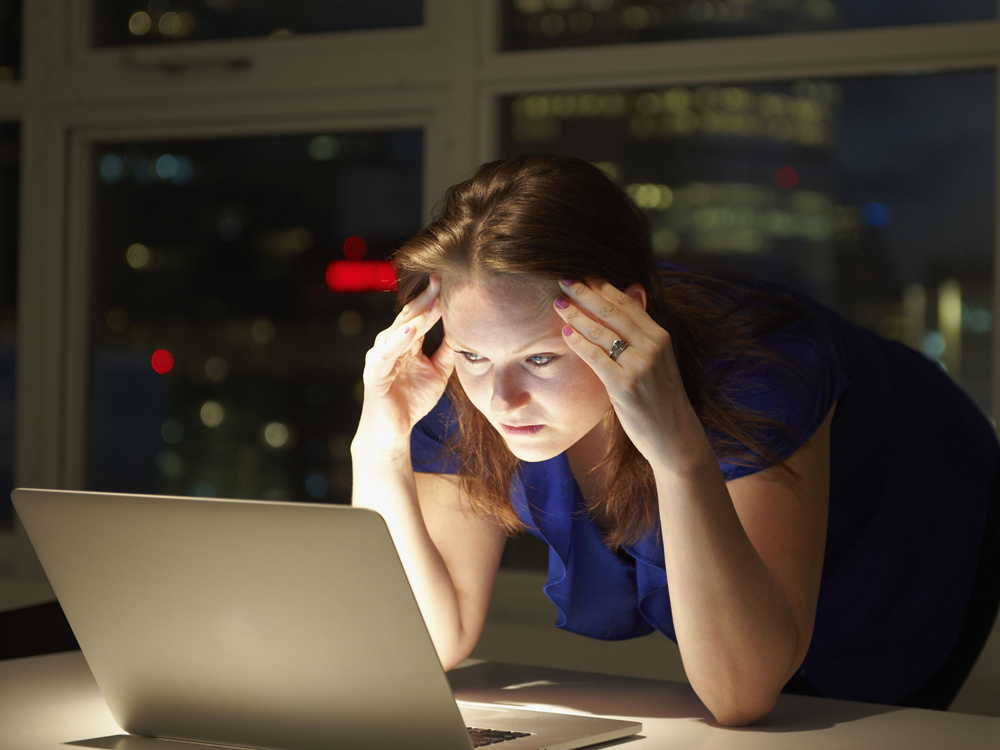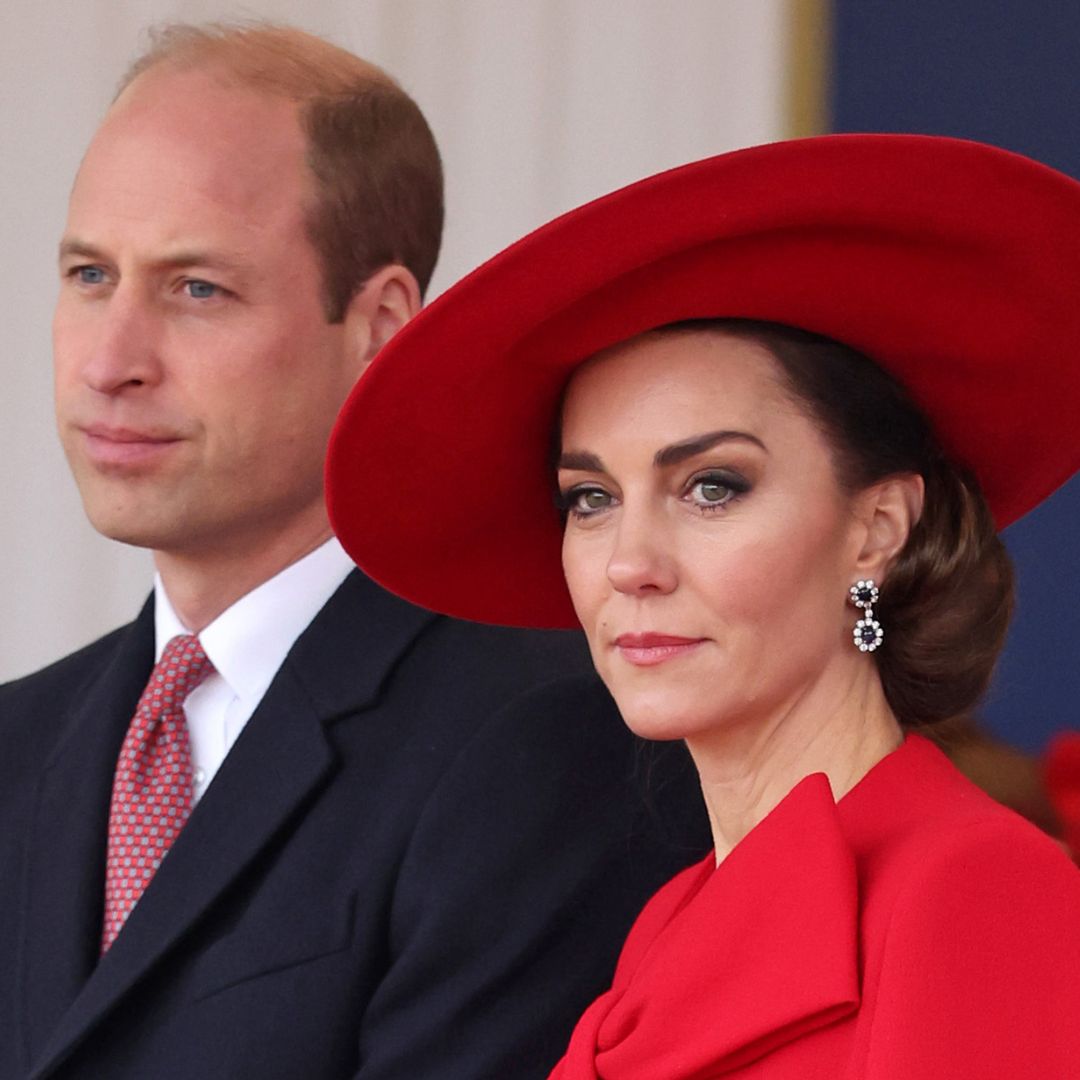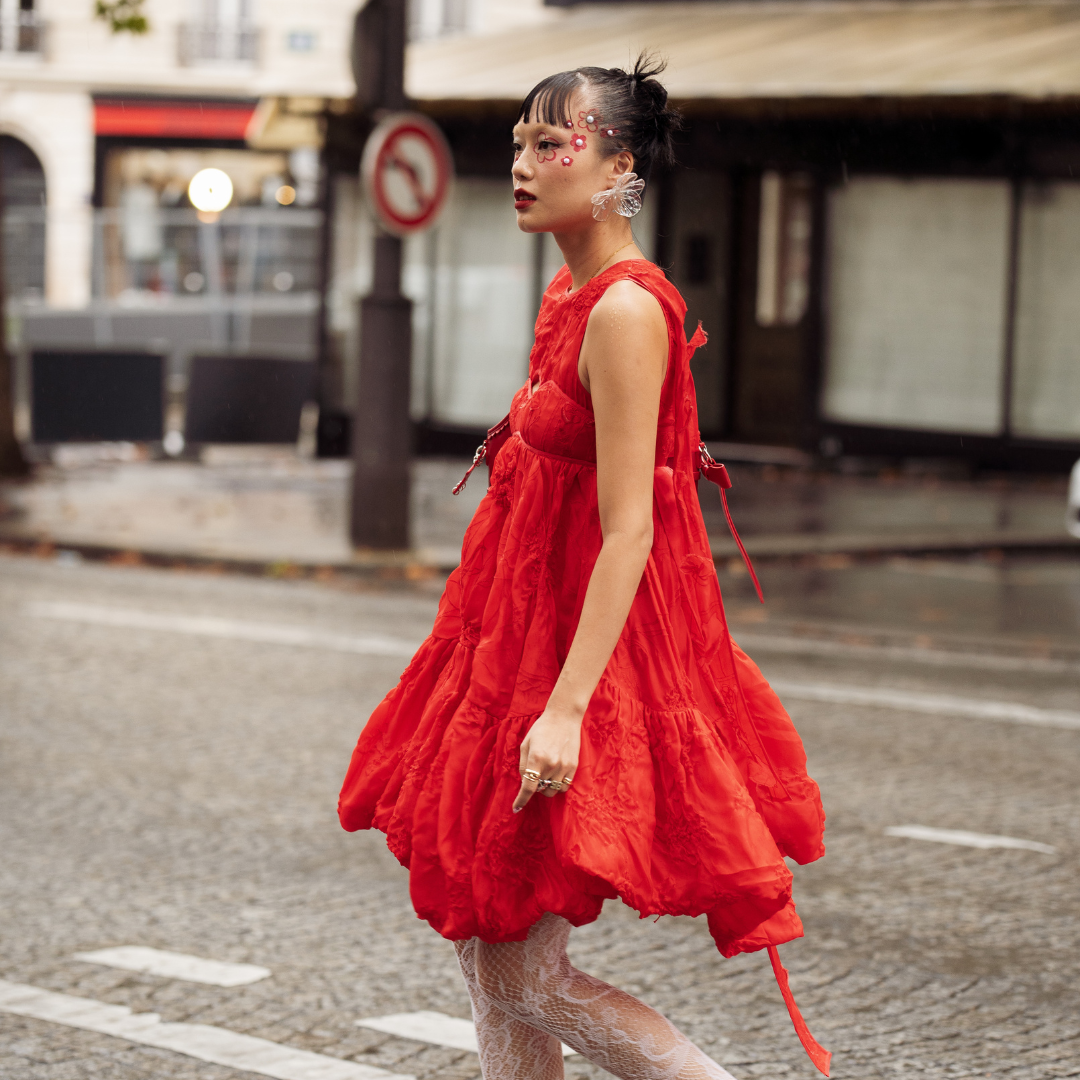Is The Gender Pay Gap Responsible For Making Us Anxious And Depressed?
This is pretty bleak news

This is pretty bleak news
According to new research, depression and anxiety among women can now be attributed to economic disparities in the work force. In other words, the gender pay gap is officially making women ill.
Columbia University discovered that women who earned less than their male counterparts (despite matching their education and experience) were at a ‘markedly greater’ risk of suffering from depression and anxiety disorders.
Researchers examined 22,581 men and women aged between 30 and 65 years-old. In terms of education levels, work experience and qualifications, they were all perfectly matched. Then came the examination into their psychological health. Amazingly, the scientists found that women were twice as likely to suffer from depression - without taking into consideration their jobs or average income.
However, when the scientists did factor in the wage disparity, the rate of depression among women became 2.5 times higher than in men, and were four times as likely to suffer anxiety.
Explaining his research, study author and PhD student Jonathan Platt said: ‘The social processes that sort women into certain jobs, compensate them less than equivalent male counterparts, and create gender disparities in domestic labour have material and psychosocial consequences.’
And these consequences, of course, have far-reaching effects. In the UK, women earn 13.9 per cent less than men – a pay gap that becomes considerably bigger when a woman has children, gets married or stays in work over the age of 60.
Marie Claire Newsletter
Celebrity news, beauty, fashion advice, and fascinating features, delivered straight to your inbox!
Really, it comes as no surprise that these issues are playing havoc with our mental health. Previous studies have already proved that women are more predisposed to anxiety and depression diagnoses than men - partially because of biological and hormonal differences but also due to the reduced social stigma for women when it comes to seeking medical help.
Drawing upon this, the authors of the study noted: ‘Mood disorders, such as depression and anxiety, are more prevalent among women than men. This disparity may be partially due to the effects of structural gender discrimination in the work force, which acts to perpetuate gender differences in opportunities and resources and may manifest as the gender wage gap.’
If you’re feeling enraged, you can read about some of the most shocking gender pay gap statistics in the UK.
The leading destination for fashion, beauty, shopping and finger-on-the-pulse views on the latest issues. Marie Claire's travel content helps you delight in discovering new destinations around the globe, offering a unique – and sometimes unchartered – travel experience. From new hotel openings to the destinations tipped to take over our travel calendars, this iconic name has it covered.
-
 Penn Badgley credits ex girlfriend Blake Lively for "saving" him from the pitfalls of fame
Penn Badgley credits ex girlfriend Blake Lively for "saving" him from the pitfalls of fameBy Jenny Proudfoot
-
 Prince William and Princess Kate's Easter absence has reportedly "raised eyebrows at the palace"
Prince William and Princess Kate's Easter absence has reportedly "raised eyebrows at the palace"By Jenny Proudfoot
-
 This divisive Nineties trend just got a high-fashion makeover
This divisive Nineties trend just got a high-fashion makeoverAll the cool girls are wearing babydoll dresses again
By Sofia Piza